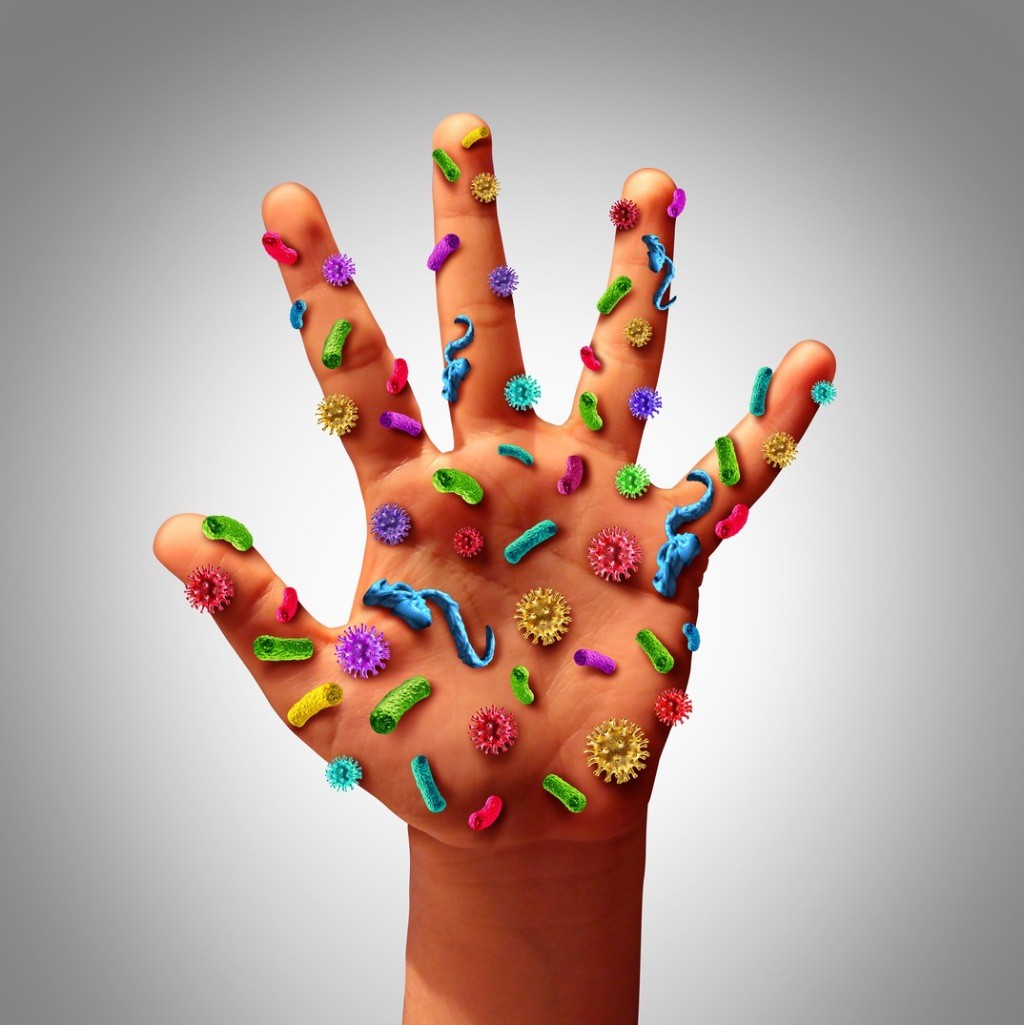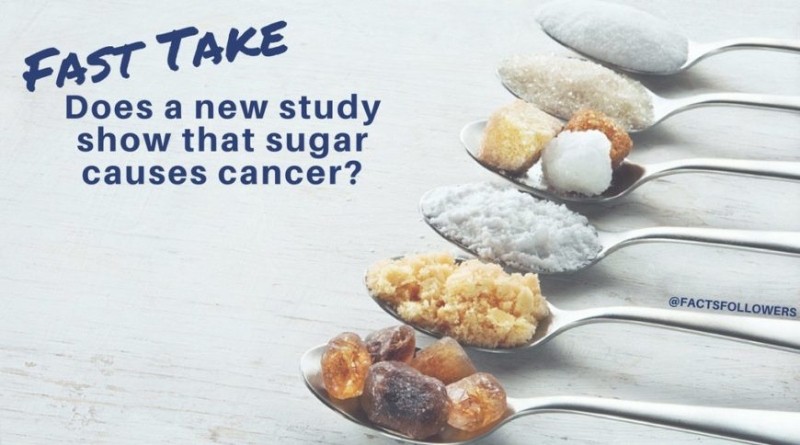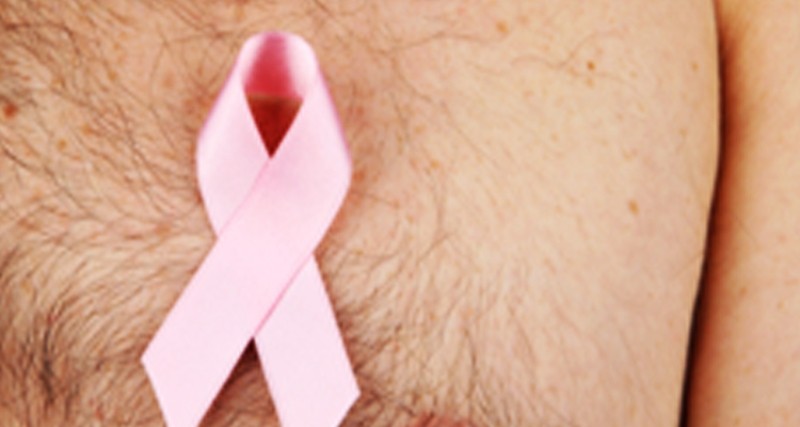12 Shocking Cancer Myths – Don’t trust everything you read about cancer

The internet is a scary place. Here, so many people have the power to share and absorb information. Sharing false, misleading and half-knowledge has emerged as a big threat. From skin care to cancer care every topic has got contradictory claims. From patient distrusting doctors to avoiding treatment, cancer myths have resulted in devastations!
Here are some of the popular cancer myths debunked!
#Cancer Myth 1: Cancer is contagious.

There is a misspelt popular belief among some sects of people that cancer is contagious. But the fact is that cancer is the mutations of cells. It cannot spread from one person to another. However, certain cancer-causing viruses are contagious.
Among the infection based cancers, HPV infection and hepatitis are crucial. the Human Papilloma Virus (HPV) infection causes cancer of the uterine cervix. Hepatitis B Virus (HBV) and Hepatitis C virus (HCV) causes cancer of the liver.
HPV and HBV infection based cancers are preventable by vaccination at the right time. Infections that are choric and occur at a younger age are at higher risk of liver cancer. Early vaccination for HBV helps in prevention of the related liver cancer.
HPV can cause cancer of the penis in men. It could be more common in those with HIV infection. It is also common in men having sex with other men. HPV can also cause cancer of the anus in both men and women. Cancer of the Penis and anus are more common in people with HIV and particularly in men who have sex with other men.
Another bigger myth is about the source of infection. It is interesting to note that one does not get HPV from the toilet seat. It does not happen from hugging or holding hands. In fact, swimming in a common community pool or hot tubs, sharing food or utensils also does not cause HPV.
HPV-related cancer is also seen in some mouth and throat cancers in men and women. It occurs particularly in the back of the throat or base of the tongue and tonsils. There is no standard screening test to find these cancers early. However, during a routine visit to a dentist, a doctor, or self-examination is sure to help!
#Cancer Myth 2: Cell phones cause brain cancer

Another widely believed myth is that cell phones cause brain cancer. ‘Cell phone causes brain cancer in children’ is a viral message that circulates in many social platforms. But there is no substantial proof to validate this argument.
Cell phones operate on low-frequency radio waves. Radioactive substances are known to cause cancer. But the radiations of cell phones are too weak to mutate the genes. In fact, studies revealed no relationship between cell phones and brain cancer.
#Cancer Myth 3: Bras cause breast cancer
A book called “Dressed to Kill” stirred the myth that bras cause breast cancer. The study was vague and had not much to support the claims. It did not consider the important factors like environment, diet, lifestyle or genetics. Later, many studies concluded that there is no link between bras and breast cancers.
#Cancer Myth 4: Family history of cancer guarantees cancer
The risk of cancer due to a familial history is only 8-10 percent. It is more likely to get cancer through lifestyle causes than through familial roots. The safe way to ensure protection against genetic cancer is through regular screening. These tests and cancer screens help detect cancer at an early stage which is highly curable.
#Cancer Myth 5: Prostate cancer treatment is worse than the disease
Prostate cancer, when detected early, is easy to treat. But delaying the diagnosis can make it deadly cancer. Cancer diagnosis and treatment has made astounding feats. Treatments for prostate cancer like brachytherapy and IMRT can accurately target cancerous tissue. This minimizes the side effects of treatments.
#Cancer Myth 6: Sugar can give you cancer

Cancer cells absorb more sugar than normal cells. This led to the myth that sugar feeds cancer. This rose the belief that reducing sugar intake can ‘starve’ cancer cells. The truth is that all cells consume glucose for energy. Cancer cells tend to consume more sugar to support its rapid growth.
But there is no scientific evidence that proves sugar can worsen cancer. Nor it is proven that quitting sugar slows down cancer. However, sugar can cause obesity and increase the risk of diabetes. Obesity and diabetes both are higher risk factors of cancers.
#Cancer Myth 7: I am safe because no one in my family had cancer
Cancer is spreading at a great speed and all the cases are not hereditary. Only in a fraction of cases, the mutated cells are inherited. Gene mutations occur from many other factors. Exposure to smoking, radiation, carcinogenic substances, and viruses can cause cancer. Other risk factors such as obesity and diabetes.
#Cancer Myth 8: I get cancer from dyeing my hair

This myth is rooted in age-old products used for hair-dyeing. Earlier, when information on cancer was not clear, certain carcinogenic chemicals were used in hair dyes. But this practice has been stopped since the 1970s. Modern studies find no connection between hair dyes and cancer!
#Cancer Myth 9: It is better to live with cancer than to treat it
Cancer treatment is a painful process, physically, emotionally and financially. But this does not mean that living with cancer is the easy way. Advances in supportive therapy help in controlling radiation and chemotherapy-related adverse effects. Thereby helping complete therapy as per schedule. This has resulted in increasing the patient’s long term survival. It also takes care of painful symptoms. Further, a lot of financial aid is available for cancer patients.
#Cancer Myth 10: Deodorants causes breast cancer
Again, this is a very popular myth that we have heard some time in our life. But in reality, there is no scientific evidence to prove this claim. Some reports suggested deodorants contain harmful substances like parabens and ammonia compounds. These compounds may be harmful to the body. However, as yet studies have found no direct link between deodorants and cancer.
#Cancer Myth 11: Men don’t get breast cancer

The anatomy of men and women are different. Men do not have breasts like women. But that does not mean that men cannot get breast cancer. Though men don’t have milk-producing tissues like women, they do have breast cells. One in a thousand men get diagnosed with breast cancer
#Cancer Myth 12: We’ve made no progress in treating cancer.
In the past few decades, we have come a long way in this battle against cancer. Tremendous advances in research and technology have carved new roads. Be it prevention, screening, treatment or care, development is made in every sphere. Further, symptoms and side-effects related to cancer and cancer treatment are also getting better by the day.
















